Growing Investment in Biotechnology
The increasing investment in biotechnology within Germany is a crucial driver for the ips cell-derived-organoids market. With the German government and private sector allocating substantial funds towards research and development, the market is poised for growth. In 2023, the biotechnology sector in Germany received approximately €4 billion in funding, reflecting a 15% increase from the previous year. This financial support fosters innovation and enhances the capabilities of researchers to develop advanced organoid models. As a result, the demand for ips cell-derived-organoids is likely to rise, as these models are essential for drug testing and disease modeling. The influx of capital not only accelerates research but also attracts talent, further strengthening the industry. Consequently, the growing investment landscape is expected to significantly impact the ips cell-derived-organoids market in Germany.
Rising Prevalence of Chronic Diseases
The rising prevalence of chronic diseases in Germany is a significant driver for the ips cell-derived-organoids market. As the population ages, conditions such as diabetes, cancer, and cardiovascular diseases are becoming more common. According to recent statistics, approximately 30% of the German population is affected by at least one chronic disease, which necessitates innovative research approaches for treatment. Ips cell-derived-organoids offer a promising avenue for studying disease mechanisms and testing new therapies. The ability to create patient-specific organoids allows for personalized treatment strategies, which are increasingly sought after in the healthcare sector. This growing demand for effective treatment options is likely to stimulate the ips cell-derived-organoids market, as researchers and pharmaceutical companies seek to leverage these models for drug development and disease understanding.
Regulatory Support for Stem Cell Research
Regulatory frameworks in Germany are increasingly supportive of stem cell research, which is a vital aspect of the ips cell-derived-organoids market. The German Stem Cell Act, which governs the use of human embryonic stem cells, has been pivotal in creating a conducive environment for research. This regulatory support encourages academic institutions and private companies to explore the potential of ips cell-derived-organoids in various applications, including regenerative medicine and toxicology testing. As of 2025, the number of approved research projects utilizing ips cell-derived-organoids has increased by 20% compared to 2023. This trend indicates a growing acceptance and understanding of the technology, which is likely to drive market expansion. The favorable regulatory landscape not only enhances research opportunities but also instills confidence among investors, further propelling the ips cell-derived-organoids market.
Collaboration Between Academia and Industry
Collaboration between academic institutions and industry players is emerging as a key driver for the ips cell-derived-organoids market in Germany. Partnerships facilitate the exchange of knowledge and resources, enabling the development of innovative organoid models and applications. In recent years, several collaborative projects have been initiated, focusing on the integration of organoid technology into drug discovery and personalized medicine. These partnerships often result in increased funding and shared expertise, which can accelerate the pace of research. As of 2025, it is projected that collaborative initiatives will account for approximately 40% of all research activities in the ips cell-derived-organoids market. This trend underscores the importance of synergy between academia and industry in advancing the field and highlights the potential for groundbreaking discoveries that could reshape therapeutic strategies.
Technological Advancements in Organoid Culture
Technological advancements in organoid culture techniques are driving the growth of the ips cell-derived-organoids market in Germany. Innovations in 3D bioprinting, microfluidics, and biomaterials have enhanced the ability to create more complex and functional organoids. These advancements allow researchers to better mimic in vivo conditions, leading to more accurate drug testing and disease modeling. In 2025, it is estimated that the market for organoid culture technologies will reach €1 billion, reflecting a 25% growth from 2023. This surge is indicative of the increasing reliance on advanced organoid systems in research and development. As these technologies continue to evolve, they are expected to further propel the ips cell-derived-organoids market, providing researchers with the tools necessary to explore new therapeutic avenues.


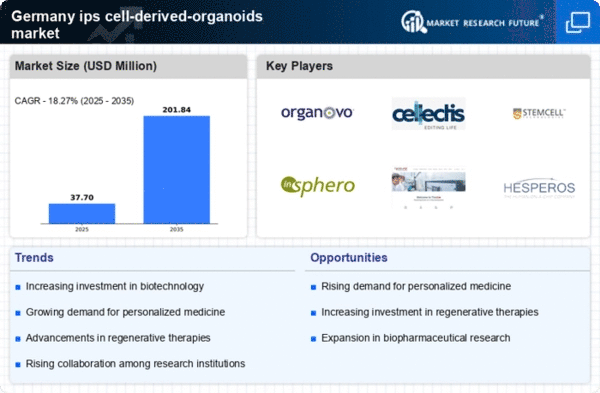
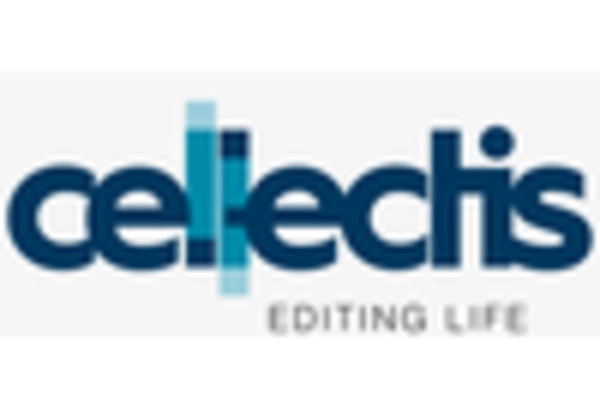
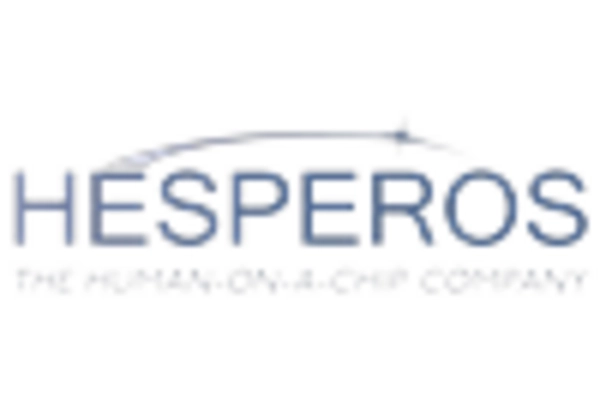

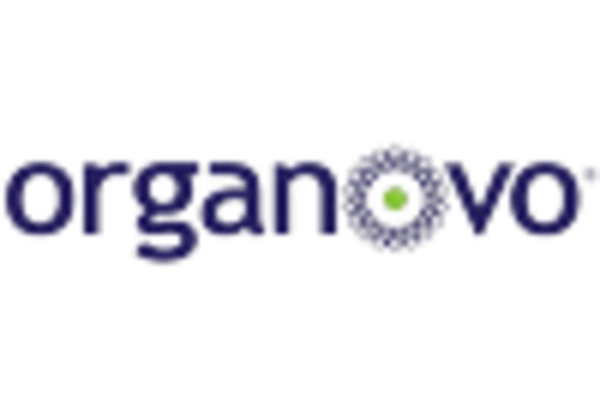
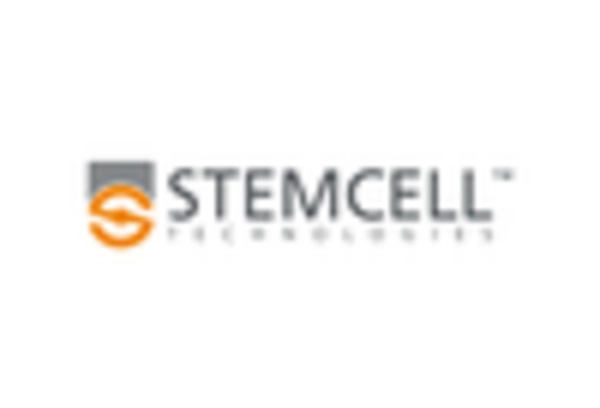
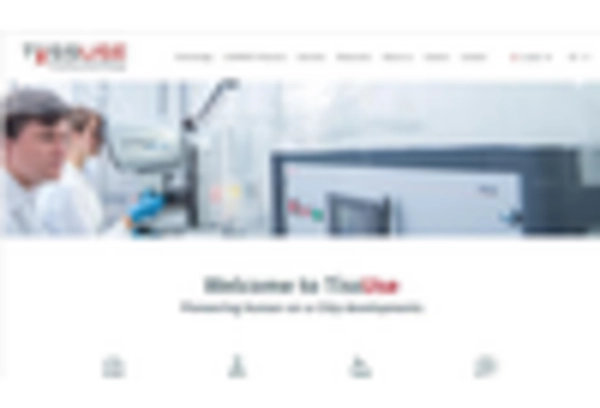








Leave a Comment